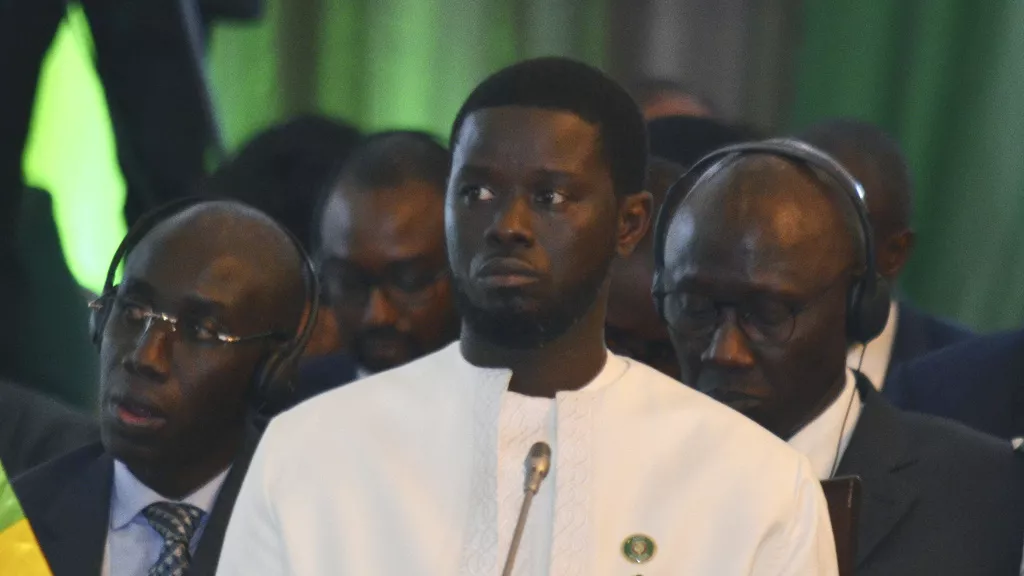Senegal’s Bassirou Diomaye Faye, Africa’s youngest president, suddenly faces a daunting challenge: reuniting a weakened regional bloc that is older than he is.
Faye, 44, was tasked Sunday with bringing military-ruled Mali, Niger and Burkina Faso back into ECOWAS at the organization’s summit in the Nigerian capital Abuja. The three countries left ECOWAS and formed their own alliance after military takeovers severed relations with their West African neighbours.
As a peace envoy backed by Togolese President Faure Essozimna Gnassingbe, Mr Faye is seen as the best head of state for a mission to bring the three countries back into the fold of regional cooperation.
Beyond the lure of security and economic collaboration, ECOWAS’s goodwill has waned in recent years, said Afolabi Adekaiyaoja, a research analyst at the Center for Democracy and Development, which focuses on West Africa. But the new role offers Mr Faye an opportunity to eventually seek reforms for “a more sustainable and self-reliant ECOWAS,” Mr Adekaiyaoja said.
Mr. Faye also represents the opposite of what the three military leaders claim to oppose.
He was not yet elected when ECOWAS, founded in 1975, imposed harsh sanctions on Niger following a coup last July. Niger cited those sanctions as one of the reasons it left ECOWAS. Moreover, Mr Faye’s victory in this year’s elections, which were certified as credible, contrasts with rigged polls across the region.
At home, Mr. Faye is reexamining old ties that junta leaders say have stifled West Africa’s development, though Senegal remains a key ally of the West. Under Mr Faye, Senegalese authorities are renegotiating contracts with foreign operators in the country and, according to Finance Minister Abdourahmane Sarr, “aim to free us from the ties of dependency in our public policies. ”
That’s exactly what the junta wants to hear, analysts say. Since ousting democratic governments in Mali, Burkina Faso and Niger, the generals have cut military and economic ties with traditional Western partners such as the United States and France, believing they have failed to benefit their countries. The shift has allowed Russia to expand its presence in the region.
“Like other heads of state, he claims sovereignty and a break with the old order,” said Seidik Abba, a Sahel specialist and president of the International Center for Reflection and Studies.
Nor is age a mere number in the case of Mr Faye, a former tax inspector. Although he is Africa’s youngest president, he is older than three of the region’s four current military leaders.
At the ECOWAS meeting in Nigeria on Sunday, Mr Faye was still one of the youngest. Ghana’s President Nana Akufo-Addo sat across from him. At 80, he is only four years younger than Mr Faye’s father.
During his visit to Nigeria in May, the Senegalese leader presented his age as an “asset” that could open a window of dialogue with his neighbours.
Mr Abba, a Sahel expert, said Mr Faye’s task of engaging with the three countries would not be easy. He said the three countries had broader concerns about the functioning of ECOWAS, which they said was being interfered with by foreign countries such as France, their former coloniser.
The question also arises as to what freedom Faye and the Togolese president will have in their role as envoys under an ECOWAS which has just re-elected Nigerian President Bola Tinubu as its head.
Their success will depend on “how well different leaders can coordinate and agree” on the issues, said Mr. Adekaiyaoja of the Center for Democracy and Development.
